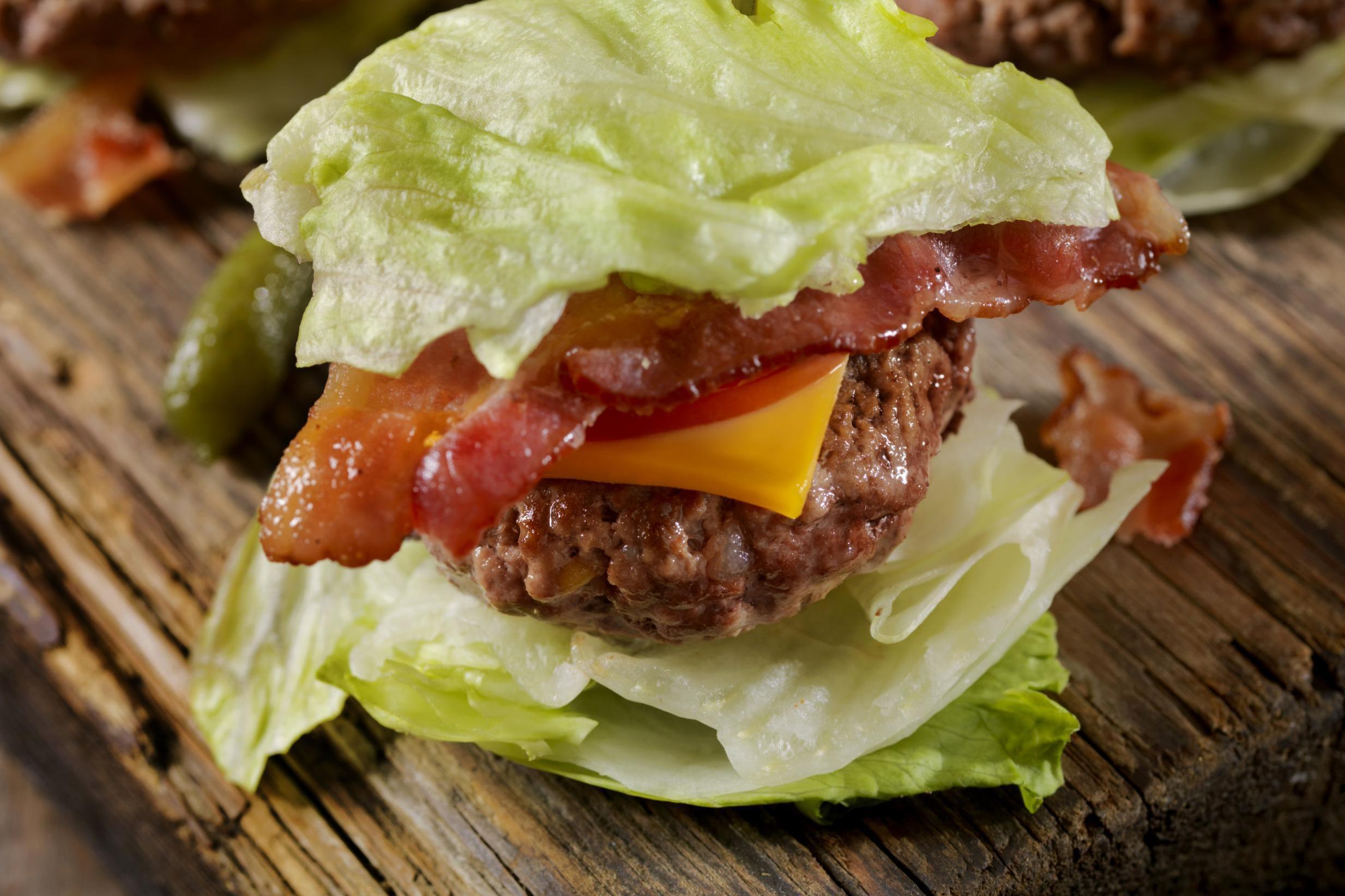The dirty keto diet claims you can eat fast food and still lose weight
The dirty keto diet claims you can eat anything as long as it is low-carb

Your support helps us to tell the story
From reproductive rights to climate change to Big Tech, The Independent is on the ground when the story is developing. Whether it's investigating the financials of Elon Musk's pro-Trump PAC or producing our latest documentary, 'The A Word', which shines a light on the American women fighting for reproductive rights, we know how important it is to parse out the facts from the messaging.
At such a critical moment in US history, we need reporters on the ground. Your donation allows us to keep sending journalists to speak to both sides of the story.
The Independent is trusted by Americans across the entire political spectrum. And unlike many other quality news outlets, we choose not to lock Americans out of our reporting and analysis with paywalls. We believe quality journalism should be available to everyone, paid for by those who can afford it.
Your support makes all the difference.An alluring version of the keto diet is becoming increasingly popular thanks to the prospect of losing weight while eating junk food - but experts warn it is more harmful than effective.
The “Dirty Keto” diet is a take on the original low-carbohydrate keto diet - but with an unhealthy twist.
The keto, short for ketogenic, diet, is linked to weight loss by minimising carbohydrate intake and eating high-fat foods that encourage your body to use the fat as fuel.
The diet, which tracks macronutrients, typically follows a template of 60-75 per cent of calories from fat, 15-30 per cent of calories from protein, and just five to 10 per cent of calories from carbs.
While it is not recommended for long-term dieting, as limiting carbs is unsustainable, the diet can be effective for short-term weight loss.
With the dirty keto variation, the idea is the same - but instead of meeting your macros with healthy protein and avocado, you can binge on junk food three times a day - as long as there are minimal carbs.
This means you could technically eat butter, cheese, bacon, and other high-fat and high-cholesterol foods, as they fit into the keto plan - but which can have detrimental effects on your health, including increased risk of heart disease.
The diet is gaining popularity, especially on Instagram, where keto-dieting bloggers are sharing their own versions of “low-carb dieting.”
In one photo of a “keto-friendly” meal, a steak is smothered in three pats of butter.
Another shows “low-carb” enchiladas covered in mounds of cheddar cheese.
While the diet may result in weight loss, experts warn against consuming your daily intake of food from unhealthy food even if you are losing weight - as it can be harmful.
Kara Landau, accredited practising dietitian and founder at Uplift Food told The Independent: “I would not be recommending this diet to anyone. The ketogenic diet certainly has been shown to have some positive effects on weight management and inflammatory markers for some people, however, considering it is already an extremely low-carbohydrate diet, removing the component of ‘healthier’ foods, and simply focusing on macronutrients can, and I suspect will, lead to a severe lack in gut-nourishing nutrients such as prebiotic fibres and resistant starches that would usually come from careful planning and the consumption of specific vegetables, within a healthier version of the ketogenic diet.”
“In addition, it is highly likely that probiotic rich foods will also be lacking in the dirty keto diet. I would expect this extremely important element of our health, gut health, being so neglected would add to the already detrimental effects of consuming a diet lacking in micronutrients that we all know is abundantly important for our overall health and wellbeing,” she told us.
There is also the concern of consuming too many high-saturated fats, a pro-inflammatory fat, which is linked to diabetes and heart disease, according to registered dietitian nutritionist Barbara Quinn.
While the keto diet may “encourage some people to eat more vegetables and less starchy foods,” according to Dr Quinn, the same is not true for the dirty keto diet - which effectively removes all healthy components of the original diet.
Additionally, she told us: “the body is not meant to be in a chronic state of ketosis.”
Rather than eating bun-less burgers and buttery meats, Dr Quinn advises that the best diet for weight loss “is one that is adequate in all nutrients from all nutrient groups and can be maintained for a lifetime.”
Join our commenting forum
Join thought-provoking conversations, follow other Independent readers and see their replies
Comments